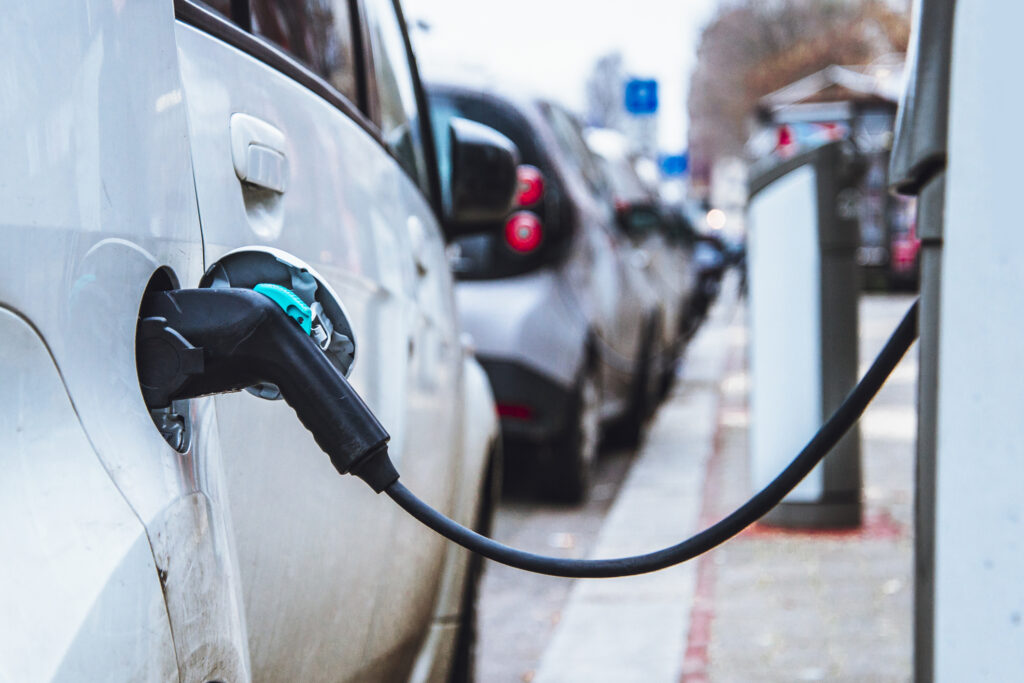Electric vehicle (EV) owners are three times more likely to say they’re on a time of use tariff than those without an EV, according to new research from Ofgem.
EV owners are “more open” to embracing changes in how they use their energy, the regulator found, with 60% of EV owners also saying they would consider smart charging their vehicle to avoid times when electricity is most expensive.
However, while 24% of consumers are planning to buy and EV or a plug-in hybrid electric vehicle (PHEV) in the next five years, 38% said they are unlikely to get an EV in this time space. This is largely due to perceived barriers such as the price being too high (59%), a short battery life and/or short range (38%) and concerns over having nowhere to charge their EV close to home (36%).
This echoes research from NewMotion released last week that found 28% of its UK respondents put improving the range of EVs in their top three asks for increasing EV uptake. Other measures included better chargepoint availability (36%) and expanding the awareness about the environmental benefits (40%).
This NewMotion research also found that on-street charging – one solution for those without off-street parking – is used by 47% of UK drivers, although personal chargepoints came out on top with 72% of UK respondents having one installed.
Ofgem’s research also found that while 74% of consumers identified electricity generation and transport as activities that play a big part in contributing to climate change, less consumers – 60% – identified domestic heating as playing a large role. Indeed, only 14% intend to install low carbon heating such as heat pumps.
This research was carried about by Ipsos MORI on behalf of Ofgem, with 4,608 respondents interviewed between June and September 2020.
Jonathan Brearley, Ofgem’s chief executive, said: “As more consumers make the switch to electric vehicles in the next five years, Ofgem will be announcing millions of pounds of investment to create a more flexible energy system to support the electrification of vehicles, renewable generation and low carbon forms of heat.
“Securing the investment is only half of the answer. Climate change can only be tackled if consumers are engaged in the process. For this to happen the transition to a low carbon economy needs to be fair, inclusive and affordable.”





